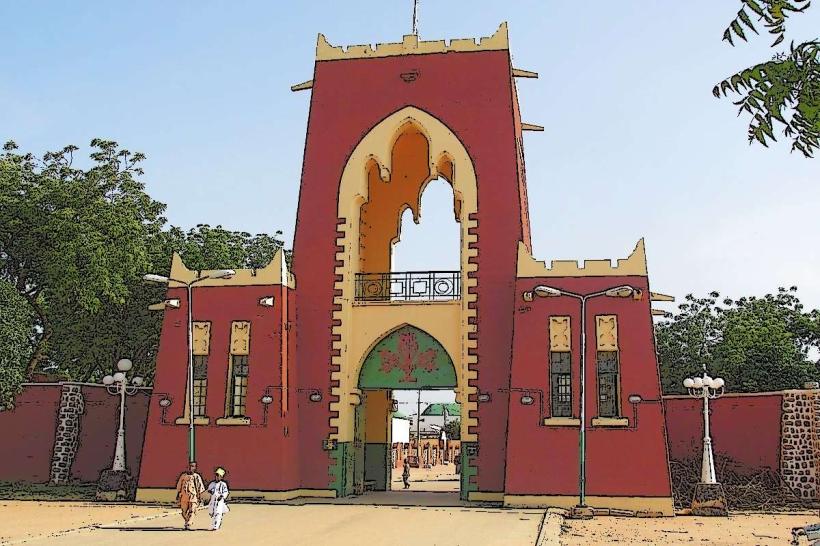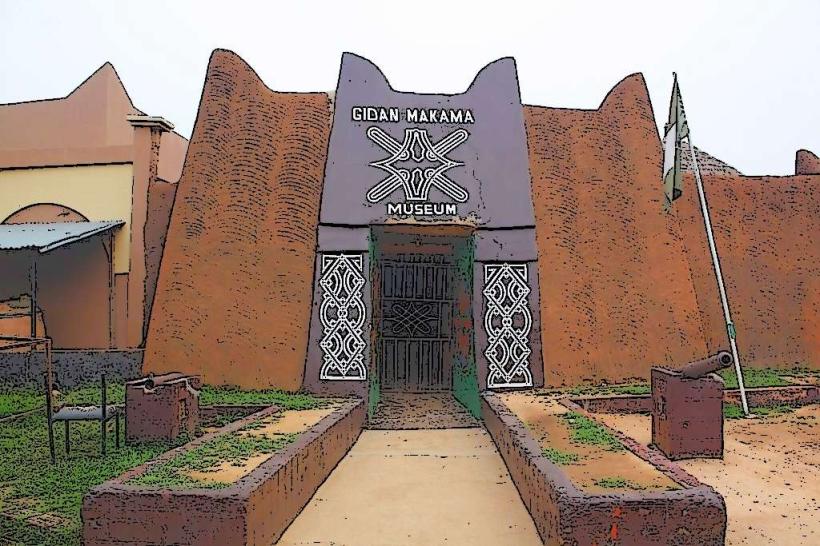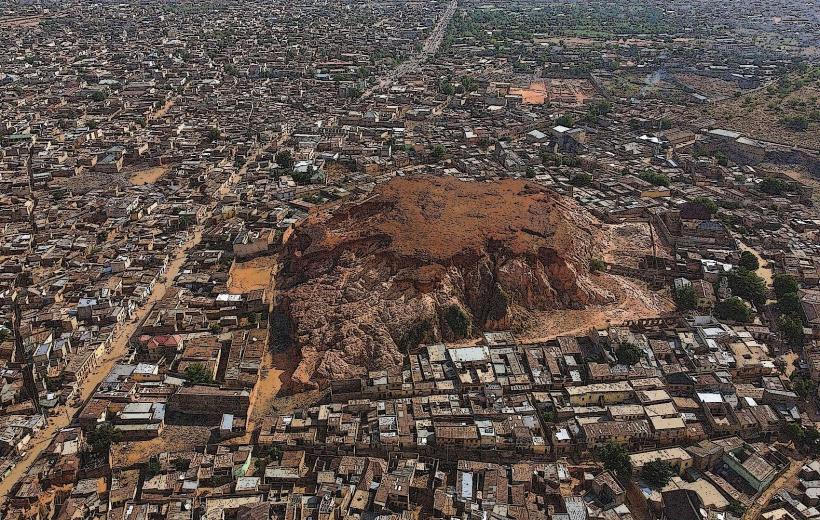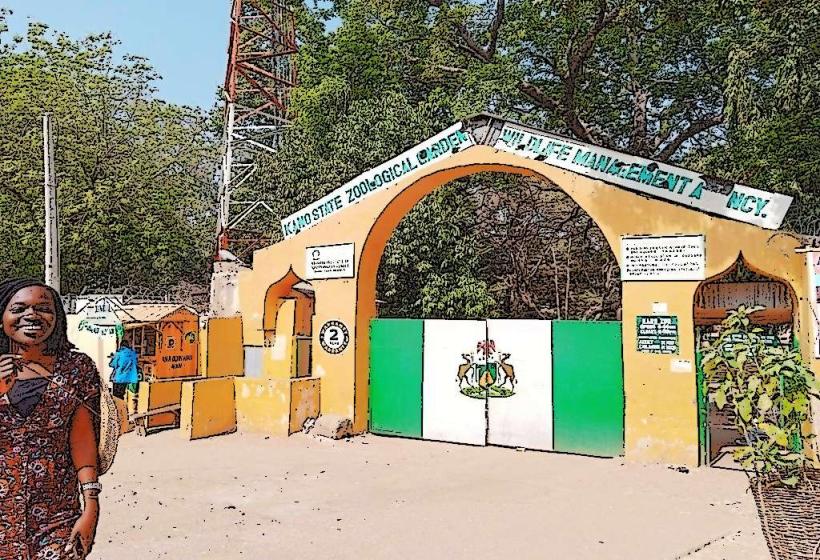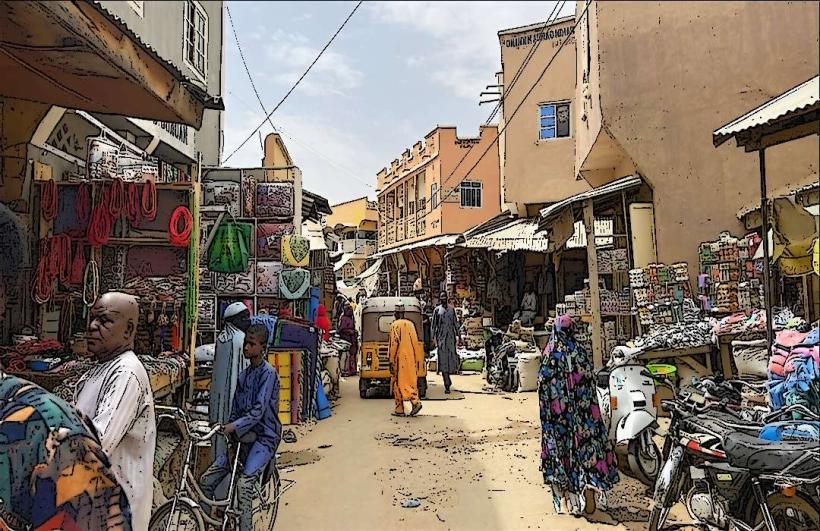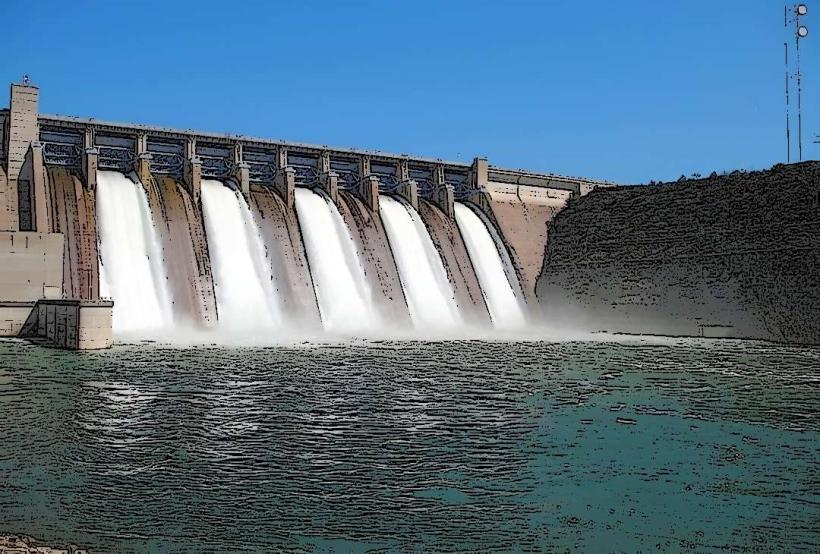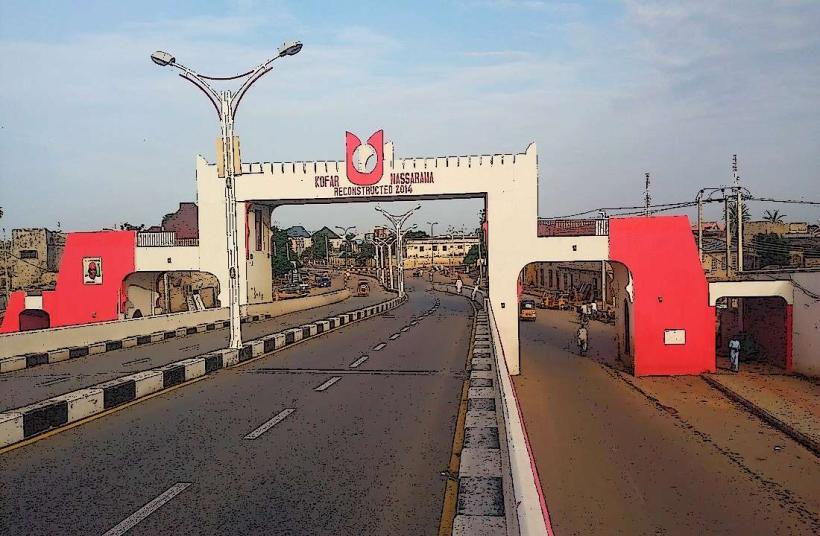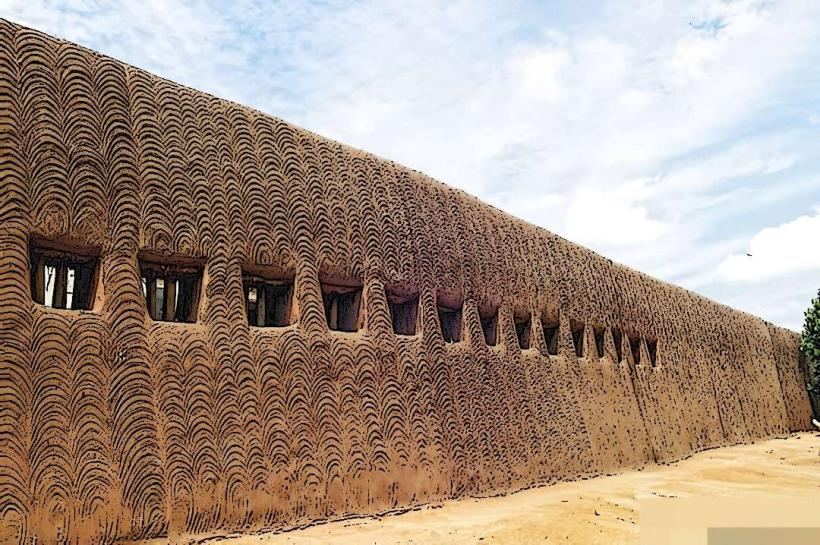Information
City: KanoCountry: Nigeria
Continent: Africa
Kano, Nigeria, Africa
Kano serves as the primary commercial nerve center of Northern Nigeria and the administrative capital of Kano State. It is located in the Sahelian savanna, south of the Sahara, and historically functioned as a vital terminus for the trans-Saharan trade routes.
Historical Timeline
Kano was founded around the 7th century, with the Dala Hill settlement serving as its nucleus. The primary eras of governance include the Bagauda Dynasty (999–1463), the Sarauta of Muhammad Rumfa (1463–1499), the Fulani Jihad/Sokoto Caliphate period (1807–1903), and British colonial rule (1903–1960). The city underwent its most significant political reconstruction following the 1903 Battle of Kano and the subsequent creation of Kano State in 1967. The primary event shaping the urban form was the construction of the Ancient Kano City Walls (Ganuwar Kano) between the 11th and 14th centuries.
Demographics & Population
The population within the metropolitan area is estimated at 4,810,000 as of 2026. The top three ethnic demographics are the Hausa (majority), Fulani, and Yoruba. The median age of the population is approximately 18.1 years.
Urban Layout & Key Districts
Kano is organized into the "Old City" (Birni), characterized by traditional architecture within the walls, and the "New City" (Waje), which includes colonial and modern expansions. Key districts include the Central Business District/Fagge (North of the Old City), Nassarawa GRA (East), and Sabon Gari (North), which serves as the hub for non-indigenous commercial activity.
Top City Landmarks
Gidan Rumfa (The Emir’s Palace)
Ancient Kano City Walls and Gates
Kurmi Market (One of Africa's oldest traditional markets)
Dala Hill
Transportation Network
Movement within the city relies on a high-density road network organized in grid and circular topologies. Transit is dominated by "Keke" (tricycles) and minibuses. Ride-sharing is available via Bolt and Uber. Official taxis are typically painted yellow with black stripes. Traffic density is extreme in the Sabon Gari and Fagge districts during business hours (09:00–17:00).
Safety & "Red Zones"
The general safety level is moderate but requires vigilance due to the risk of civil unrest and petty crime. Avoid the Fagge and Sabon Gari market areas after dark. Non-essential travel to the outskirts or rural local government areas (LGAs) is discouraged due to regional security threats.
Digital & Financial Infrastructure
Average internet speed is 35–45 Mbps on mobile networks, with 5G available in Nassarawa GRA. Main carriers are MTN, Airtel, and Glo. Card acceptance is high in formal hotels and malls, but cash is mandatory for all transactions within traditional markets like Kurmi. ATMs are concentrated in the Nassarawa and Bank Road areas.
Climate & Air Quality
Temperatures range from 12°C in winter (January) to 40°C during the peak heat season (April/May). The monsoon season occurs from June to September. Air quality is poor during the Harmattan (December–February) due to extreme dust and low visibility, and smog is common in the high-density industrial zones of Bompai.
Culture & Social Norms
Tipping is not mandatory but appreciated for service (5%). The standard greeting is "Sannu" accompanied by a handshake (among men) or a slight bow. Dress code is strictly conservative; women should cover their shoulders and knees, and men should avoid shorts in public. Alcohol is prohibited in most public areas under Sharia law, though it is available in licensed hotels and the Sabon Gari district.
Accommodation Zones
Nassarawa GRA: Recommended for high security, quiet streets, and proximity to diplomatic and business offices.
Bompai: Recommended for logistical access to the industrial sector and the airport.
Local Cost Index
1 Espresso: ₦3,500 ($2.30)
1 Standard Lunch: ₦9,000 ($6.00)
1 Metro/Bus Ticket: ₦600 ($0.40) - Keke/Minibus rate.
Nearby Day Trips
Tiga Dam: 70 km (75 minutes)
Wudil Market: 45 km (50 minutes)
Baturiya Wetland Reserve: 140 km (120 minutes)
Challawa Gorge Dam: 50 km (60 minutes)
Facts & Legends
According to the Kano Chronicle, the city’s origins are tied to a giant blacksmith named Dala, who lived on the hill that now bears his name. He was said to possess supernatural strength, using a massive iron bar to kill elephants with a single blow. This legend provides the foundational myth for the city’s long-standing reputation as a center for ironworking and leather craftsmanship.

